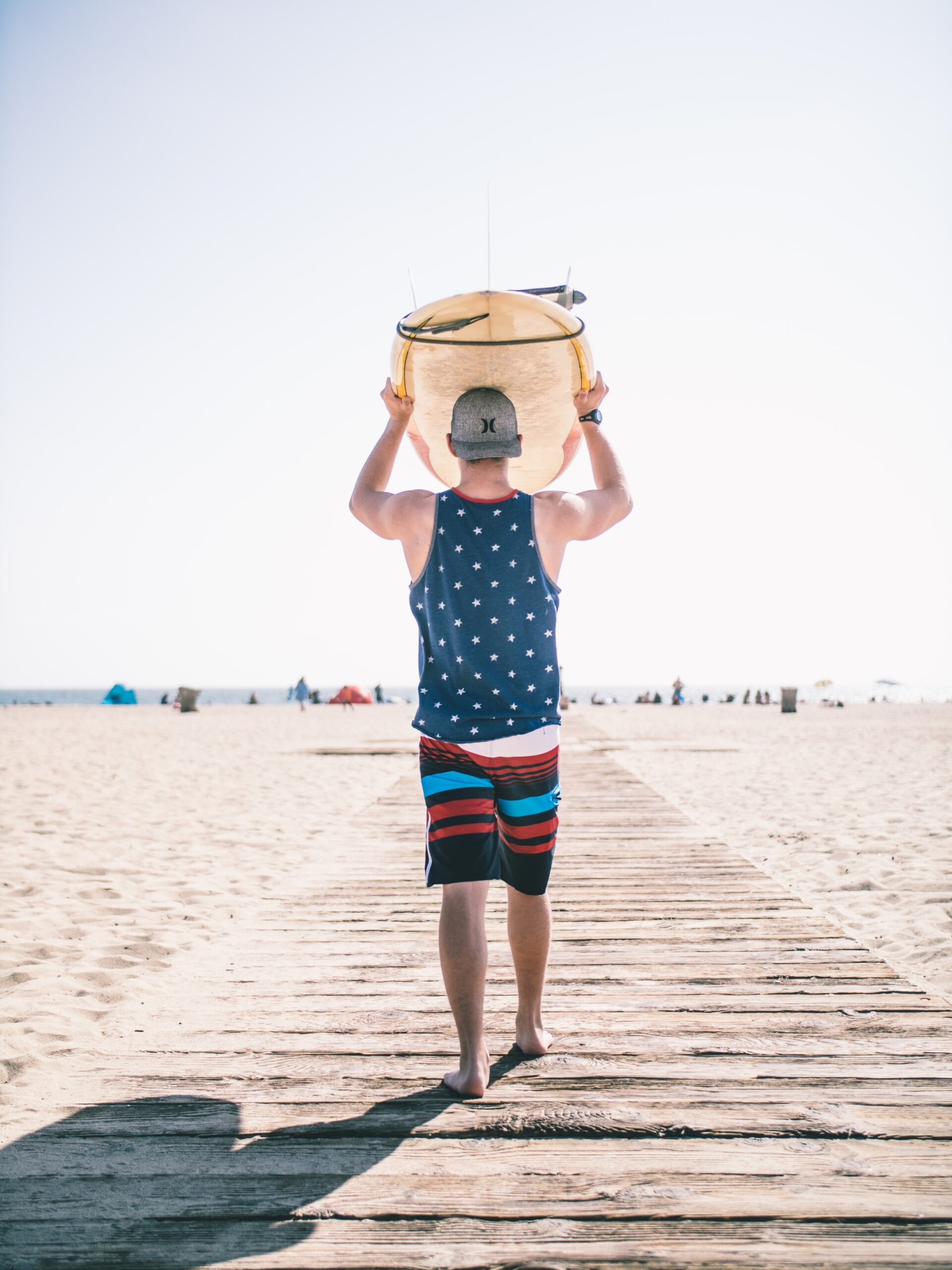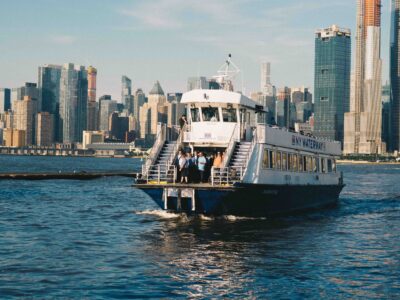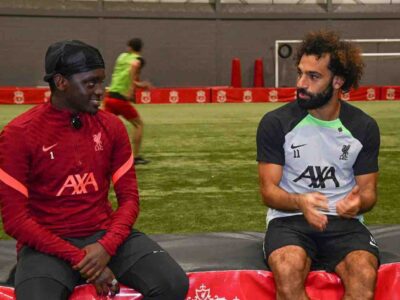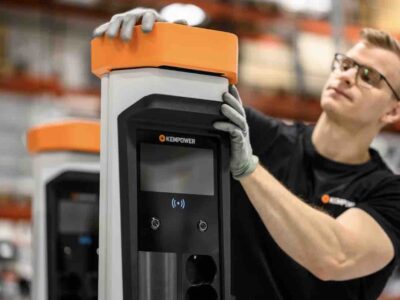(Bloomberg Businessweek) —
How is the sex of a sea turtle determined? By the temperature of the sand surrounding the egg during incubation—generally, warmer for a female, cooler for a male. Each person who buys a pair of Waterlust leggings or board shorts emblazoned with the brand’s sea turtle motif receives a series of emails sharing this and other encyclopedia-worthy facts.
The Miami-based brand aims to raise awareness about threatened marine and freshwater environments through the apparel it sells to watersports enthusiasts and professionals, which features loud, funky patterns inspired by ocean creatures and ecosystems. About 5% of sales are donated to research and protection efforts, such as expanding conservation areas or coral reef restoration programs. (Outdoor activewear brand Patagonia Inc., a longtime supporter of environmental sustainability, pledges 1% of its sales to preservation.)
Patrick Rynne, Waterlust LLC’s 38-year-old founder and chief executive officer, calls his business model “advocate apparel.” The former U.S. Olympic team sailor, who has a master’s degree in ocean engineering and a Ph.D. in marine physics, had long wanted to protect the ocean environments where he’s spent much of his life.
Rynne launched his apparel line in 2014 with help from his now-wife Fiona, who has a master’s in marine affairs and policy, and her sister Laura Graham, a seamstress and designer. They believed that creative apparel would be an effective way to point people repeatedly to the causes the company supports. “We see clothing as a canvas on which we can tell a story and communicate science,” Rynne says.
The company’s four full-time employees have overseen fast growth: Sales have doubled, on average, in each of the past six years, reaching $2 million in 2021. Waterlust considered becoming a nonprofit, but Rynne says that would have narrowed the scope of projects the team would have been legally allowed to do and made it difficult to fund the work.
Rynne accepts that operating an apparel company comes with an environmental cost. “People need to understand that there is no free lunch and that we have to be thoughtful about our consumer habits,” he says. It took two years for the company to find a manufacturer willing to make baseball hats with 100% post-consumer recycled plastic for the snap and the bill, Rynne says. “Instead of trying to pretend that our business doesn’t do harm in some way,” he says, “we’re very passionate about reducing it as much as we can.”
To contact the author of this story:
Jeannette Neumann in New York at jneumann25@bloomberg.net
© 2022 Bloomberg L.P.





